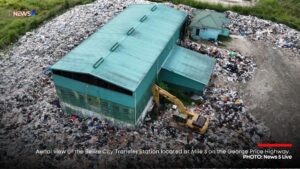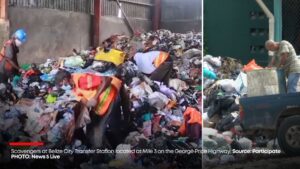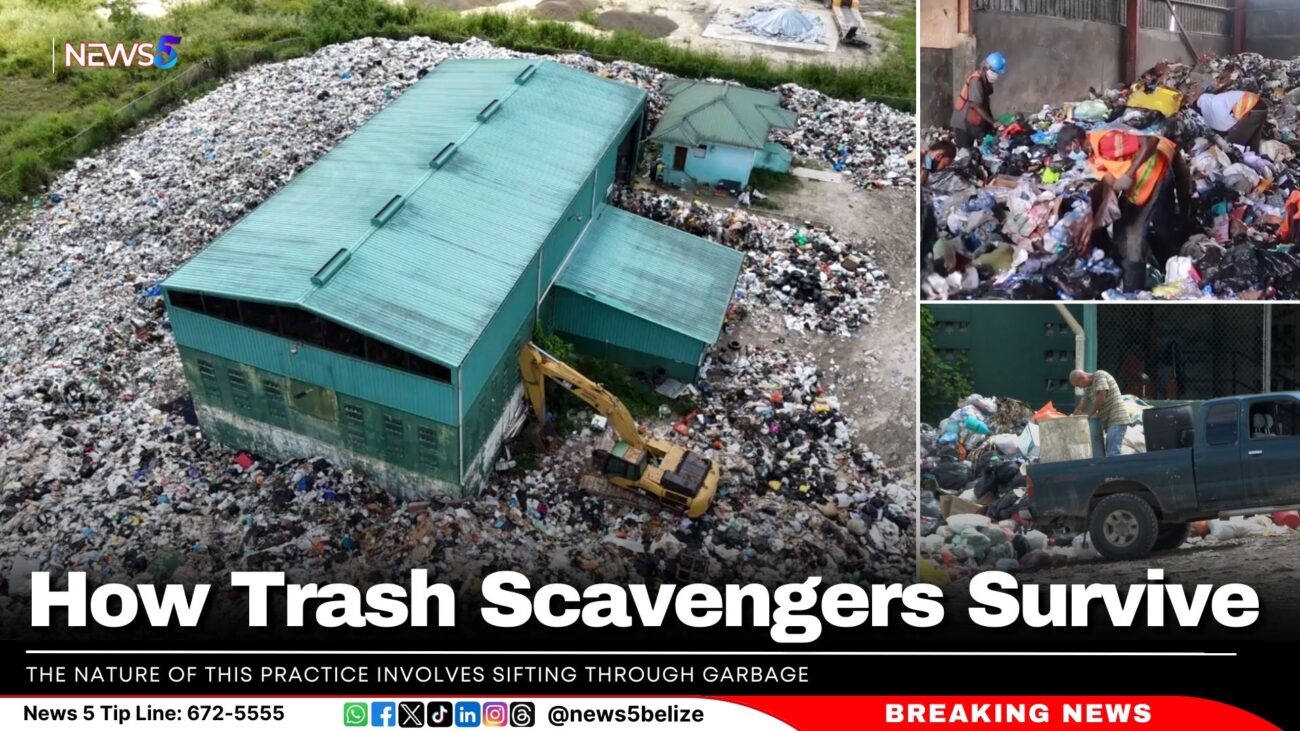How Trash Scavengers Survive
In a world where many work traditional jobs or run businesses, some individuals find their livelihoods in an unexpected place: the garbage. Known as scavengers, they sift through waste to collect recyclables and other discarded items, choosing this path over a life of crime.
Patricia Robateau, a scavenger at the Belize Waste Control transfer station, explained to News 5, “We gather aluminium, copper, bronze, plastic, Bowen & Bowen pints, tin.” She and her fellow scavengers sell these materials to recycling shops, earning a living from what others throw away.

The mayor of San Ignacio and Santa Elena, Earl Trapp, says discarded items are valuable to trash scavengers, “You could see people walking out with many fans many times… People have used this place to send children to school.”
For many families, scavenging has become a means of survival.
“It’s an honest way of making a living… When you have a permanent job, you don’t even have time for yourself,” said Robateau. Her colleague, Robert McKoy, shares a similar sentiment: “Every day I fill my belly and I stay out of crime.”

“We find silver, gold, we find many things,” said Sidney Forbes, another scavenger.
However, Robateau explained that scavenging comes with health risks. The nature of this practice involves sifting through garbage, which can contain hazardous materials and bacteria. To protect themselves, scavengers often wear masks, gloves, and boots. Despite the unsanitary conditions, they are motivated by the potential to find valuable items that have been accidentally discarded.







Facebook Comments